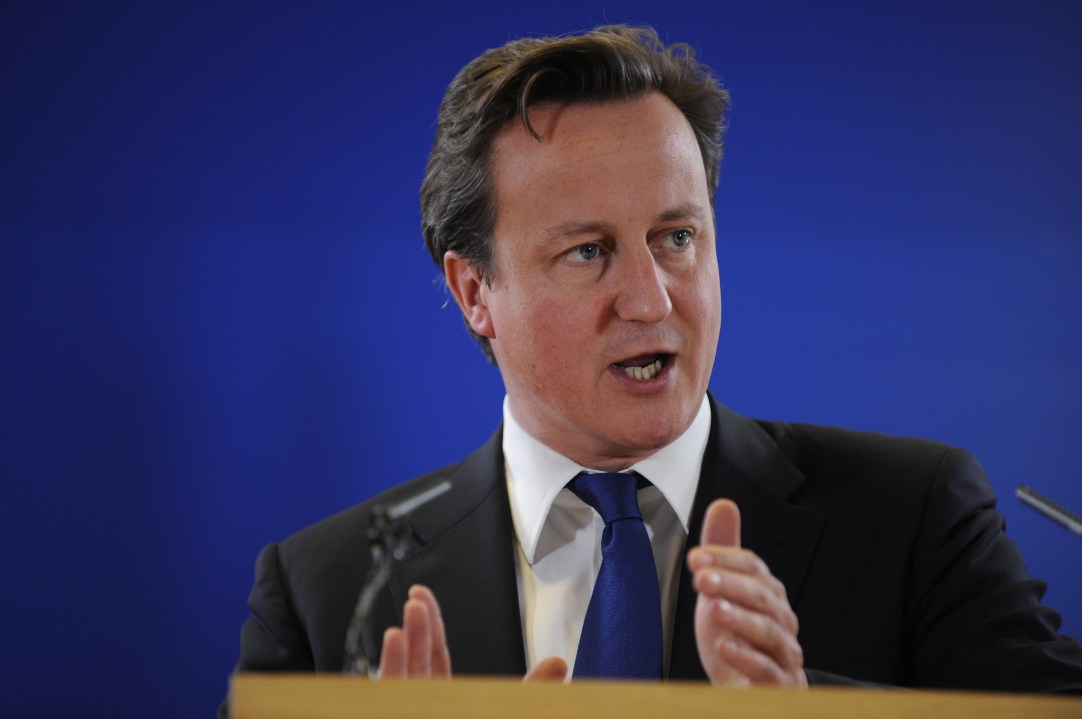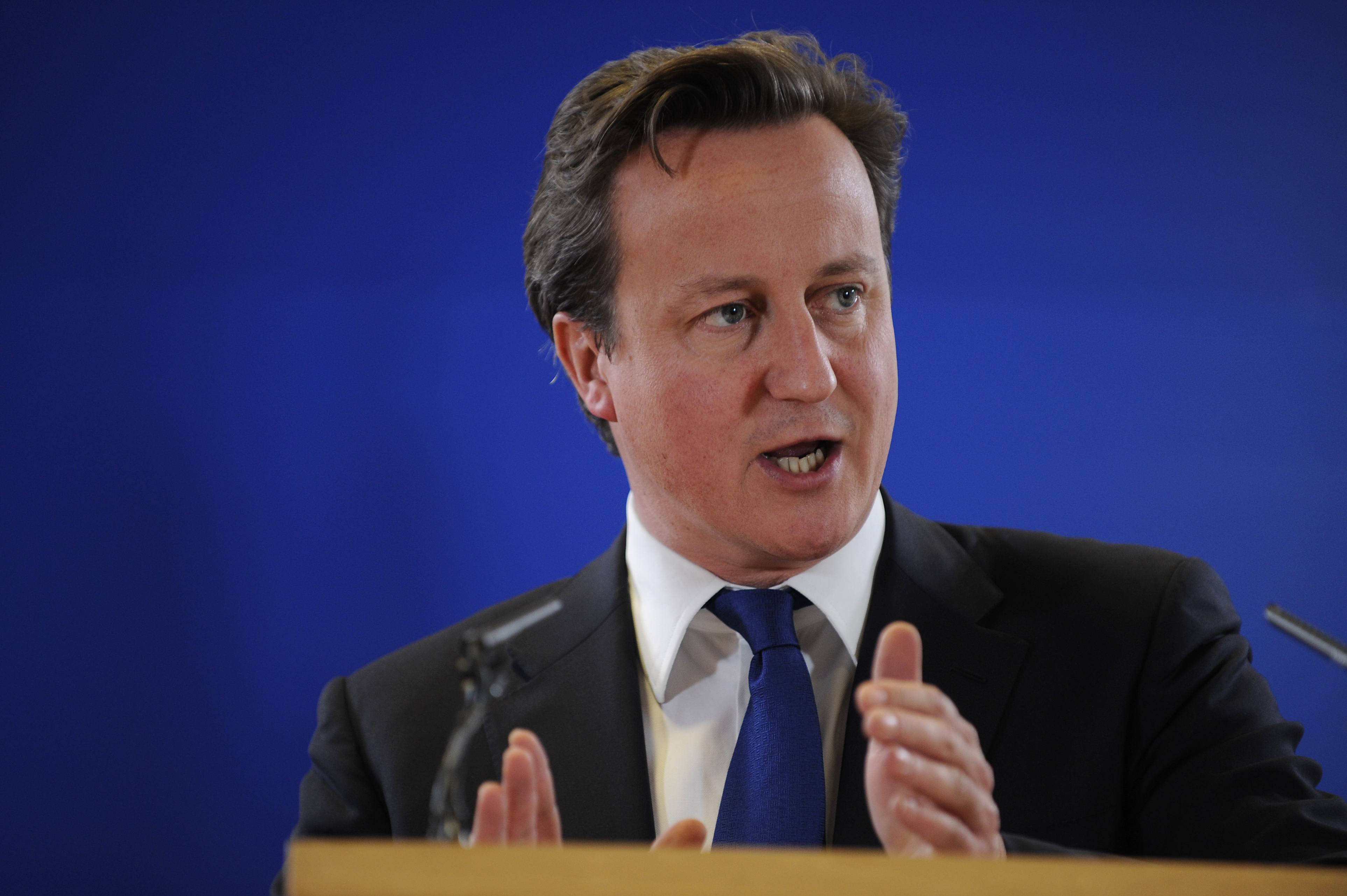 Fraser performed a valuable service to the MPs currently debating a motion proposing a referendum on membership of the European Union by
imagining what he thought David Cameron ought to have said:
Fraser performed a valuable service to the MPs currently debating a motion proposing a referendum on membership of the European Union by
imagining what he thought David Cameron ought to have said:
By imagining what a supposedly laid-back and canny manager of the House of Commons should have said, Fraser shows why he couldn’t have.“Sure, guys, have your vote. It’s a backbench motion, so the government won’t take part and as you know I’ve booked a trip abroad next Thursday anyway so I won’t be here. But I was serious when I said those petitions are a way to ‘rebuild trust in politics’. If this reached the threshold I set — 100,000 votes — then I’m happy for this to be debated, with a free vote. If you ask me, it’s an odd time to discuss a referendum. But hey, I run the government — not parliament. You guys work for your constituents, not for me. So go for it. I can’t pretend it’s top of my agenda. But let’s all be grateful that the control freak days of the last government are over.”
Leaving aside the stylistic peculiarities — “guys” and “hey” — this parody of Mr Don’t Care Was Made To Care reveals the folly of this approach, which is urged on Cameron from all quarters.
A free vote, or a one-line whip, would have suggested to Conservative MPs that there would be no cost to voting for the motion. Hence many more than the fewer than 70 who are likely to vote for it tonight would do so. Suppose 120 voted for it, which would be a majority of backbenchers. Or 153, if it were a real free vote so that ministers could vote for it too, that would be more than half of the parliamentary Conservative party. Those would not be cost-free options for the Prime Minister.
The idea that the press and BBC would have said to themselves, “The Conservative Party isn’t divided at all because Cameron says it doesn’t matter, let’s report something else,” is innocent. On the contrary, the hysteriometer would have been wound up another notch. “Majority of Tory MPs opposed to Cameron”; “Tory party at war with Coalition” and so on.
The idea that it would “rebuild trust in politics” to allow a majority of Tory backbenchers (say) to vote one way, and for the Tory leadership to ignore them, is a fantasy.
The idea that a Blairite shrug of the shoulders and a smiley, “hey, guys”, would be enough to free Cameron from the myths of parliamentary discipline, (wrongly) associated with the Blair era, is just wrong.
There is a pervasive myth that whipping MPs is anti-democratic. No idea where it comes from. On the contrary, party discipline is essential to make an adversarial political system work well, and the British system, on the whole, does.
I can see why Labour should pretend that there was some easy, and easy-going, alternative way for Cameron to manage his party. Why Tories should fall for it is a mystery.







Comments